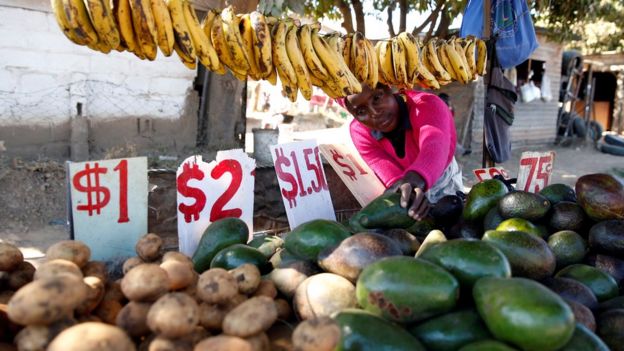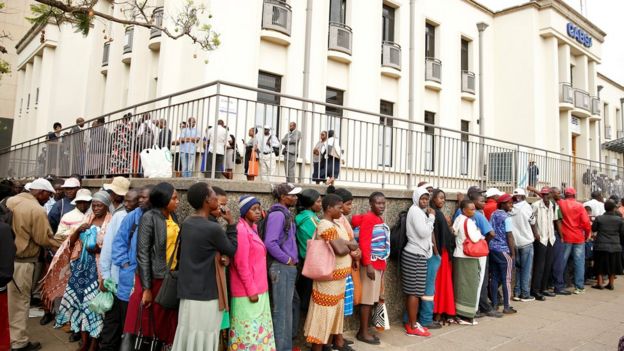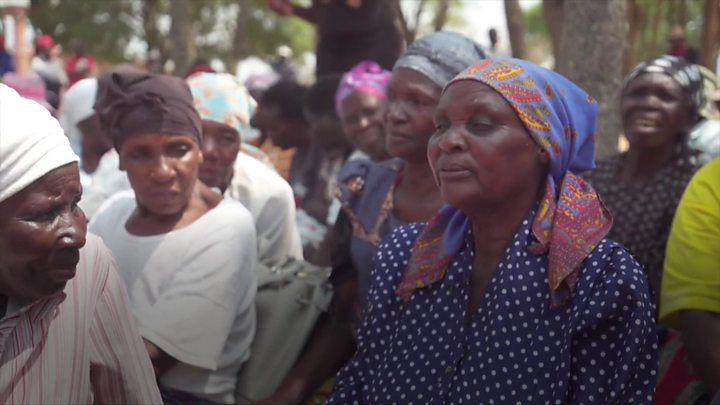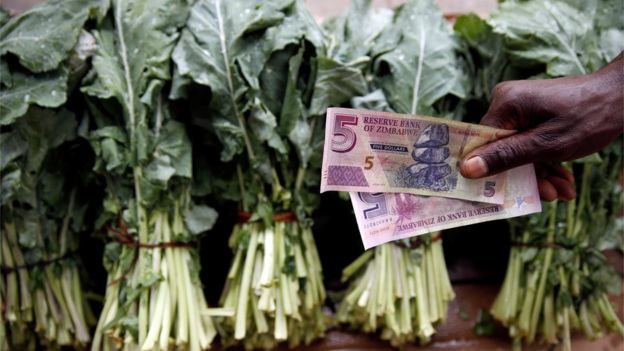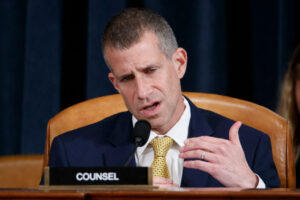(Photo by Shawn Thew-Pool/Getty Images)
Steve Castor is the Republican lawyer pressed into service to ask questions of witnesses during the impeachment inquiry. He’s a longtime House Oversight Committee staffer, a graduate of George Washington University Law School, and reportedly well respected internally both by Republicans and Democrats.
Castor is being dragged on social media. Mocked. His questioning, meant to be in defense of Donald Trump and the Republican theory of the case against him, has been weak and ineffectual. He continually gets witnesses to repeat the Democrats’ talking points. He commits the cardinal lawyer sin of asking questions he doesn’t know the answer to. At one point during his questioning of E.U. Ambassador Gordon Sondland, he managed to get Sondland to repeat that meetings and aid to Ukraine was being held up because Trump wanted them to start investigations into his political rivals, and after screwing that up he shuffled papers, made an audible “aaaahhhck” sound, and then yielded minutes of questioning time to nobody in particular.
To me, Castor’s entire lines of questioning throughout these hearings can be summed up in this gif:
Thing is, it’s not his fault. It’s not that Castor is doing a bad job, it’s that he has a bad job. It’s an impossible task to defend Donald Trump, because Trump has no defense. Donald Trump held up aid and meetings to the Ukraine until they agreed to publicly announce an investigation into his political rivals. Every person called to testify in the impeachment inquiry knows that. Every person called to testify has seen some portion of that illegal, corrupt scheme. Trump released a memorandum of a call where he explicitly solicited the bribe. His White House Chief of Staff, Mick Mulvaney, admitted to the scheme in the middle of a damn press conference. There is no defense.
Republicans, unfortunately, don’t care. And so here’s Steve Castor, trying to wildly cast aspersions on witness testimony with no clear defense strategy in mind.
Understand, defense attorneys represent bad clients all the time. People take “dog” cases because, well, everybody deserves a competent defense and also lawyers have bills.
When you get a dog, there are three main defense tactics: attack the credibility of the witness, reduce the prosecution’s case to one key fact, or blame somebody else. Castor is trying to run elements of all three. But the facts won’t help him. Let’s look at each of them:
* Witness Credibility
We have all seen Castor try to cast aspersions on the credibility of the witnesses. He went so far as lightly accusing Lt. Col. Alexander Vindman of having dual loyalty. It’s disgusting, but attacking the credibility of witnesses is just a thing lawyers do when witnesses are saying things that are unhelpful to their clients.
The problem Castor has with this strategy is that he’s attacking decorated military veterans and longstanding foreign service officials. This isn’t like questioning Pooky from the block who’s got warrants. Randomly attacking American foreign service professionals, many of whom are speaking based off of contemporaneous notes they took as they were witnesses to crime, simply doesn’t work.
And Castor has another problem: his client, Donald Trump, is the least credible of all possible witnesses. Usually the witness credibility game is played against the backdrop of a defendant who, except for the charges against them, can argue that they are an upstanding citizen. Here, Castor is asking us to not believe dedicated professionals because… the lying con-man in the White House says they’re “bad” people. It puts Castor in the weakest possible position, and that’s why so many of his questions seem meaningless instead of probative.
* It All Comes Down To This
Over the years, people, mainly white people, have had a lot of fun at the expense of the late Johnny Cochrane and his rhythmic defense of O.J. Simpson: “If the glove doesn’t fit, you must acquit.” It all seems like so much theater now, but make no mistake, Cochrane ran a common defense strategy in its most pure form. Crimes have “elements” and its on the prosecution to prove each element of the alleged crime. A good defense, facing seemingly insurmountable evidence, will focus on one key element, reduce that element to the crux of the entire prosecution, and then blow apart that element. Cochrane, after magically waving away the DNA evidence against Simpson back at a time when most people didn’t understand DNA evidence, reduced the prosecution’s entire case to the stupid glove. He made the glove seem like the only piece of physical evidence tying O.J. to the crime, and expertly suggested that the glove was planted there by racist cop, Mark Fuhrman. The prosecution, stupidly, played along. So at the point where the glove didn’t fit (note: the glove totally kinda fit), the prosecution’s case seemingly fell apart.
Castor, and the Republicans, are trying to do this with the “no quid pro quo” defense. Their theory is that if Trump doesn’t actually say: “I want a quid pro quo” or “I’d like a bribe, though” then Trump gets away with it.
Castor is, for what it’s worth, running that game as well as he can. Where he gets tripped up is that this isn’t a criminal trial, but a public hearing. If this was a trial, Castor would sit silently as witnesses testified to all of it, from Democrats. Then, he’d rise, and ask “Did Donald Trump ever tell you to withhold aid until Ukraine investigated the Bidens?” The witnesses would say “no” and Castor would sit down.
Unfortunately, that would take less than a minute. Castor has 45 minutes to fill. Then he has an additional 15 minutes of rebuttal. That’s an hour where Castor has to keep stammering and questioning and saying things that are irrelevant to his core defense.
And, because that defense is so thin, that’s an hour for witnesses to essentially testify that, while Trump didn’t explicitly say those precise words, he acted in every way like a quid pro quo was on the table, and ultimately withheld aid and a meeting with the Ukrainian President because of it.
The Republicans want Castor to surface all of their crazy conspiracy theories about the Bidens and the Ukraine meddling in the 2016 election. The Republicans want Castor to surface a wild theory of executive power that gives the President the right to solicit bribes. Castor is constantly being forced to do this work, which muddles what defense through line he has. That’s why he sounds less like Johnny Cochrane and more like Bob Loblaw.
* Somebody Else Did It
From a pure theater perspective, this is my favorite defense strategy to watch. This is where the defense attorney tries to pin the crime on somebody else, anybody else, who is not in the room. It’s fun to watch, as long as you are not the random person being thrown under the bus.
In the impeachment inquiry, the “man not in the room” is the President’s personal lawyer, Rudolph Giuliani. ANY competent defense attorney would be telling Trump to blame EVERYTHING on Giuliani, and save himself. Most of the witnesses, many of whom are Republicans, all of whom seemed to hate being forced to work with Giuliani, would surely gladly participate in playing “pin the crime on Rudy.”
The problem is that Giuliani seems quite prepared to bring all of them down with him. Remember, Paul Manafort is in jail because he was willing to take the fall for all of them. He never told Robert Mueller that he was acting “on behalf” of the President for all his shady dealings.
Giuliani is no Manafort. He consistently says he was working on Trump’s behalf, and at Trump’s direction. He’s been on TV, alluding to text messages and emails that he waves around like his “insurance policy” should anyone try to burn him. Castor can’t pin it all on Giuliani, because doing so leads directly to his ostensible client, Donald Trump.
And so, Castor is stuck. He can’t effectively attack the credibility of purple heart recipients and career foreign service officers, on behalf of President Bone Spurs. He can’t “Plan B” Rudy Giuliani, without exposing Trump. And he can’t make the whole thing about the magical recitation of the words “quid pro quo” because the testimony drags on into all the other ways Trump tried to execute a quid pro quo without actually saying it.
Or, to put it in Castor’s own words: “ehhaahhck.” There’s just not a lot he can do other than shuffle papers and ask questions he knows will boomerang into his own ass.
I don’t feel sorry for him, because being a Republican is a choice, not an immutable characteristic. But Castor only sounds as bad as he does because his client is even worse.
Elie Mystal is the Executive Editor of Above the Law and a contributor at The Nation. He can be reached @ElieNYC on Twitter, or at elie@abovethelaw.com. He will resist.




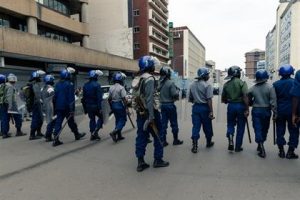



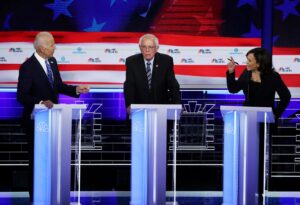



 Ellen Trachman is the Managing Attorney of
Ellen Trachman is the Managing Attorney of 
